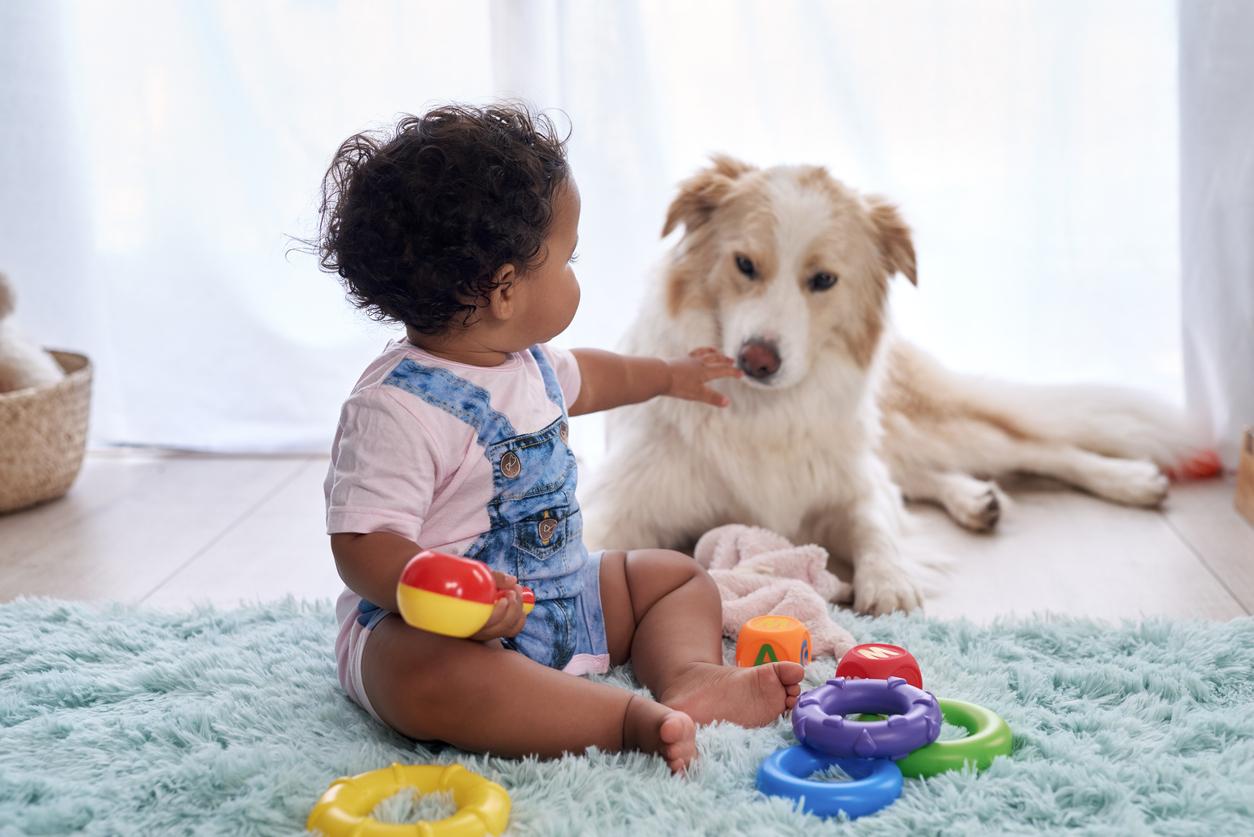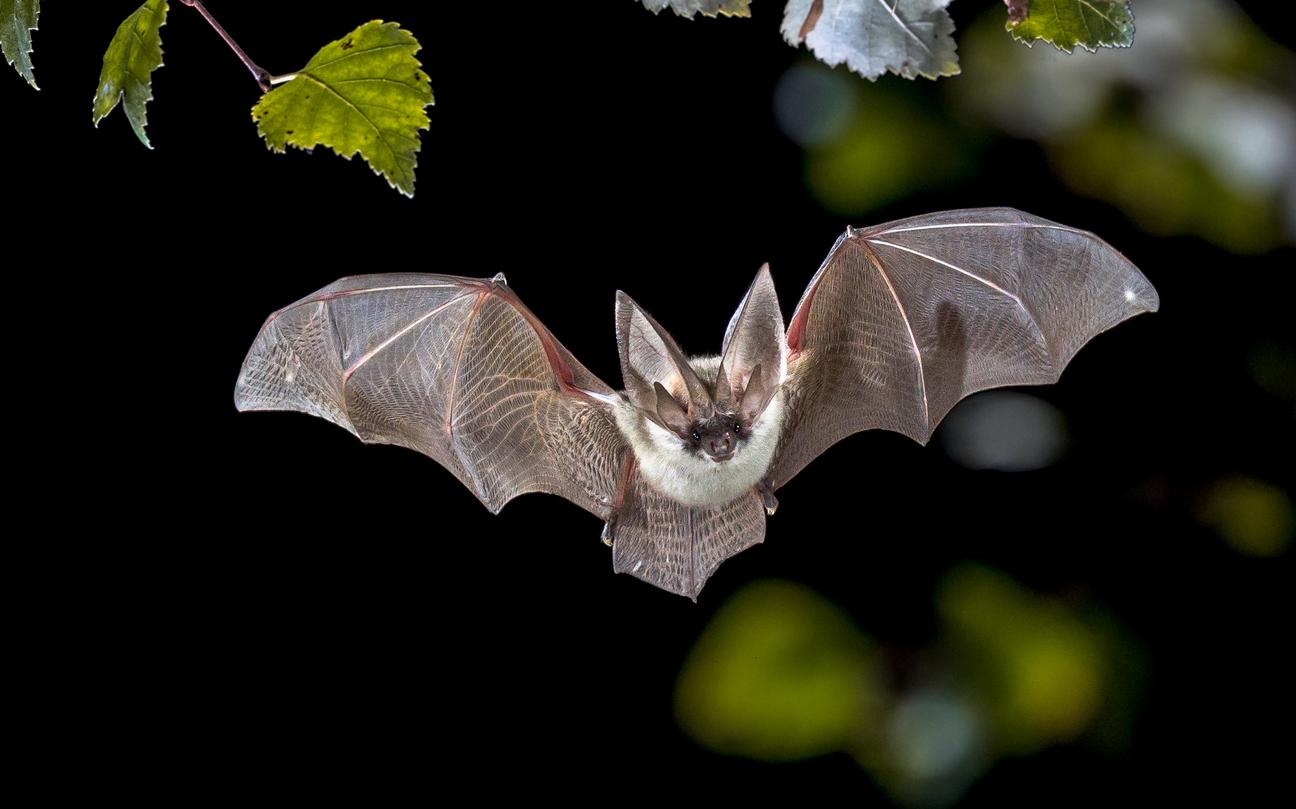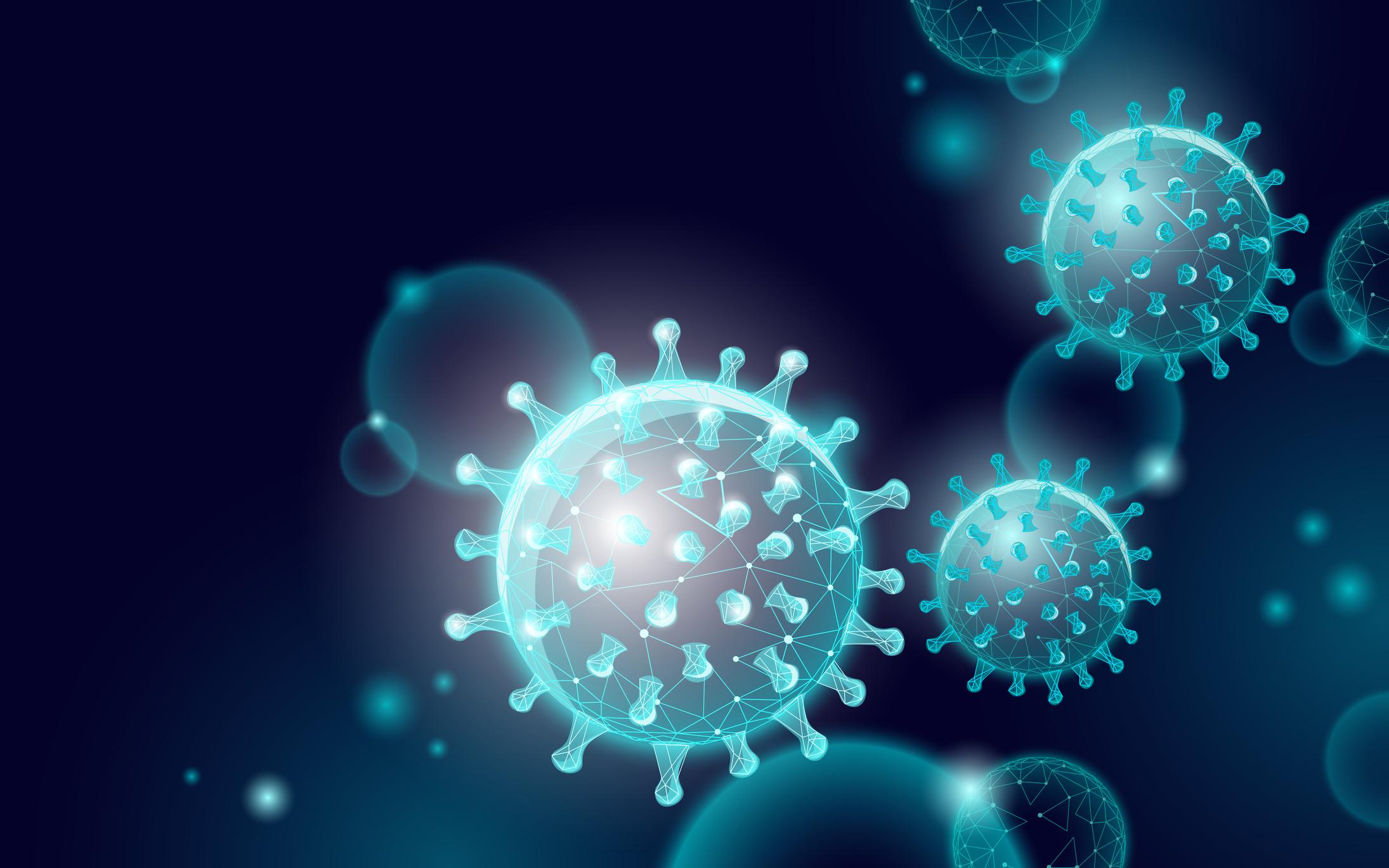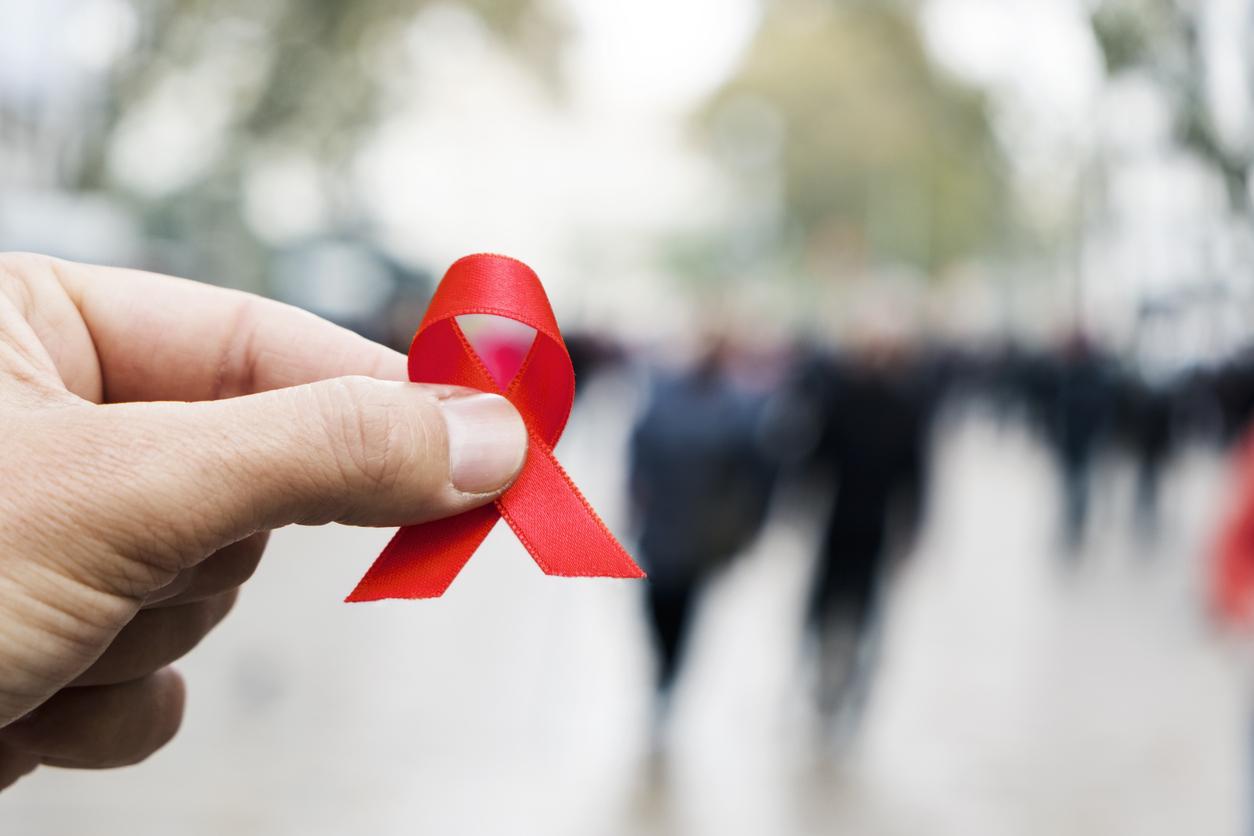Children who live in contact with a domestic animal develop fewer allergies than others as they grow up, their immunity being strengthened by exposure to a wide microbial diversity.

- Growing up with a pet would promote early colonization of the intestinal microbiota by beneficial bacteria, which strengthen the immune system and reduce the risk of allergies in children.
- Growing up with a pet would promote early colonization of the intestinal microbiota by beneficial bacteria, which strengthen the immune system and reduce the risk of allergies in children.
- On the other hand, children who developed allergies displayed an immature microbiota, marked by late colonization of these protective bacteria and an increased presence of potentially harmful bacteria.
- It is thanks to early exposure to microbial diversity that the infant’s immune system learns to distinguish real threats (pathogens) from harmless substances (pollen, food, etc.). This “learning” is favored by environments rich in microbes, such as homes housing animals.
Perhaps one more argument for parents hesitant to give their children a dog: in addition to making them happy, simple contact with a pet could strengthen their health by reducing their risk of allergies. This seems to be confirmed by a Swedish study published in the journal Plos Onewhich explored the crucial role of the gut microbiota in the development of toddlers’ immune systems, with promising results.
The intestinal microbiota, key to immunity
Researchers from the University of Gothenburg followed 65 children from families living on farms or in homes with or without pets in rural Sweden. They analyzed these children’s fecal samples from birth to 18 months, then assessed their allergies at ages 3 and 8. The results, detailed in a press releaseare striking: children raised on farms or in contact with domestic animals had a more diverse intestinal microbiota from their first week of life.
In detail, the young showed early colonization by beneficial bacteria such as Bifidobacterium And Lactobacillusknown for their role in strengthening immunity. On the other hand, children who developed allergies displayed an immature microbiota, marked by late colonization of these protective bacteria and an increased presence of potentially harmful bacteria such as Clostridioides difficile.

The protective effect of microbes
Why are these microbes so important? It is thanks to this early exposure to microbial diversity that the infant’s immune system learns to distinguish real threats (pathogens) from harmless substances (pollen, food, etc.). This “learning” is favored by environments rich in microbes, such as farms or homes housing animals. A “mature” microbiota, dominated by beneficial anaerobic bacteria, produces compounds that promote immune tolerance. Conversely, an “immature” microbiota, poor in diversity, leaves immunity more vulnerable to allergic reactions.
Researchers emphasize, however, that living on a farm or adopting an animal does not guarantee absolute protection. Other factors such as genetics, diet and antibiotic use also influence the risk of allergies. But researchers insist on the importance of natural and early exposure to microbes: playing outside, being around animals or limiting the over-sterilization of environments are all ways of promoting a healthy microbiota and curbing the current epidemic of allergies around the world.

















